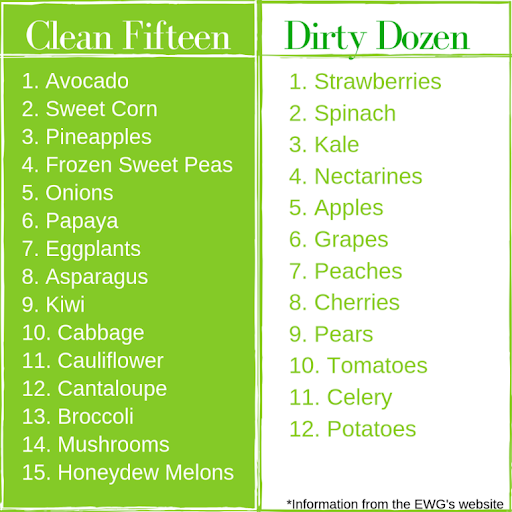We are constantly being washed with hundreds of chemicals in our environment. Many of us are not even aware of how many toxins we come into contact with on a daily basis. By making several small changes into day-to-day life can reduce you and your family’s exposure to common environmental toxins. Here are some simple strategies to introduce into your daily routine.
10 ways to reduce exposure to toxins
Eat fresh or frozen foods (not processed or packaged foods).
Do not microwave foods/beverages in plastic containers or with plastic cling-wraps. Consider using a toaster-oven in replace of a microwave.
Hand wash plastic containers instead of in the dishwasher.
Use glass, porcelain or stainless steel containers.
Avoid canned foods whenever possible, especially those that are acidic, salty or fatty (purchase in glass or cartons). Be aware, they should be both BPA-free AND BP free.
Use a filter for tap water and carry a stainless steel water bottle. This also reduces your carbon footprint!
Say no to thermal paper receipts (i.e. receipts from the grocery store).
Avoid plastics with recycling #7 are other plastics that don’t fit into the other categories of plastic. It includes polycarbonate which contain the toxic bisphenol-A (BPA). These plastics should be avoided due to the BPA that is considered a hormone disruptor and has been linked to infertility, hyperactivity, reproductive problems and other health issues. It is often found in 3 and 5 gallon water bottles.
Diligently read labels. Most names you don’t recognize are also unrecognizable to your stomach.
Eat organic food whenever possible. The following list contains foods that are okay to eat without being organic (clean fifteen) and those that aren’t (dirty dozen), which contain toxic residue from pesticides.
(Visit EWG.org for more information)
Shopping
We can make a significant impact on our health and environment by choosing where and how we shop. From our skin and cleaning products, groceries, and packaging are all part of conscious consumption.
Skin products: Consider purchasing organic, local or homemade products that contain substitutes such as shea butter and organic sunflower seed oil. Or you can make your own!
Local Farms: For years I have ordered my box of veggies and fruit along with other weekly regular deliveries such as eggs, milk, and bread from Pfennings organic and they deliver straight to your home. It’s a great choice because it forces me to make more veggie-based meals and eat more veggies, which encourages eating at home with simple wholesome ingredients.
Consider choosing local when purchasing your foods. Look out for local markets and farms, or grow your own produce in your yard. Here are a couple of our favourite local farms in the Southern Ontario region.
Pfenning's Organic Farm is a farmer, packer and distributor of organic produce. To us, organic isn't just a certification, it's a way of being. Visit their website for more information https://www.pfenningsorganic.ca
Norton Farms www.Nortonfarms.com is a family owned local farmer with great tasting grass-fed beef, pastured pork and free range chicken and other meat also eggs, honey and cheese. They are south of Brantford, east of Waterford, north of Hagersville in Hartford.
Other nasty’s to be aware of that compromise our immune system
Avoid products with parabens on the label. Products that contain antimicrobial ingredients and preservatives such as methyl paraben (MP) are potentially estrogenic/ anti-androgenic (too much estrogen in the body).
Stay away from synthetic fragrances that are often found in personal care/hygiene products. Phthalates are the synthetic fragrance in products to make it smell good but is a significant source of exposure. Phthalates was in toys (now banned), vinyl floor and wall coverings, detergents, lubricating oils, food packaging, pharmaceuticals, personal care products.
Data from the Swedish Environmental Longitudinal mother and child, asthma, allergy and the infant development and environment study (TIDES) found prenatal exposure to specific phthalates is significantly associated with language delay in children.
If you want to learn more, purchase the Book “Clean, Green and Lean” by Dr Walter Crinnion. This is a great book to take charge against the toxins and protect you and your family.
Dr. Walter Crinnion, a naturopathic doctor and environmental medicine physician, shows you how to clean up your diet and clear out your body and home to eliminate unwanted pounds and toxins from your life. You'll be able to get rid of nagging health problems such as allergies and fatigue and enjoy greater energy and a greener planet.



